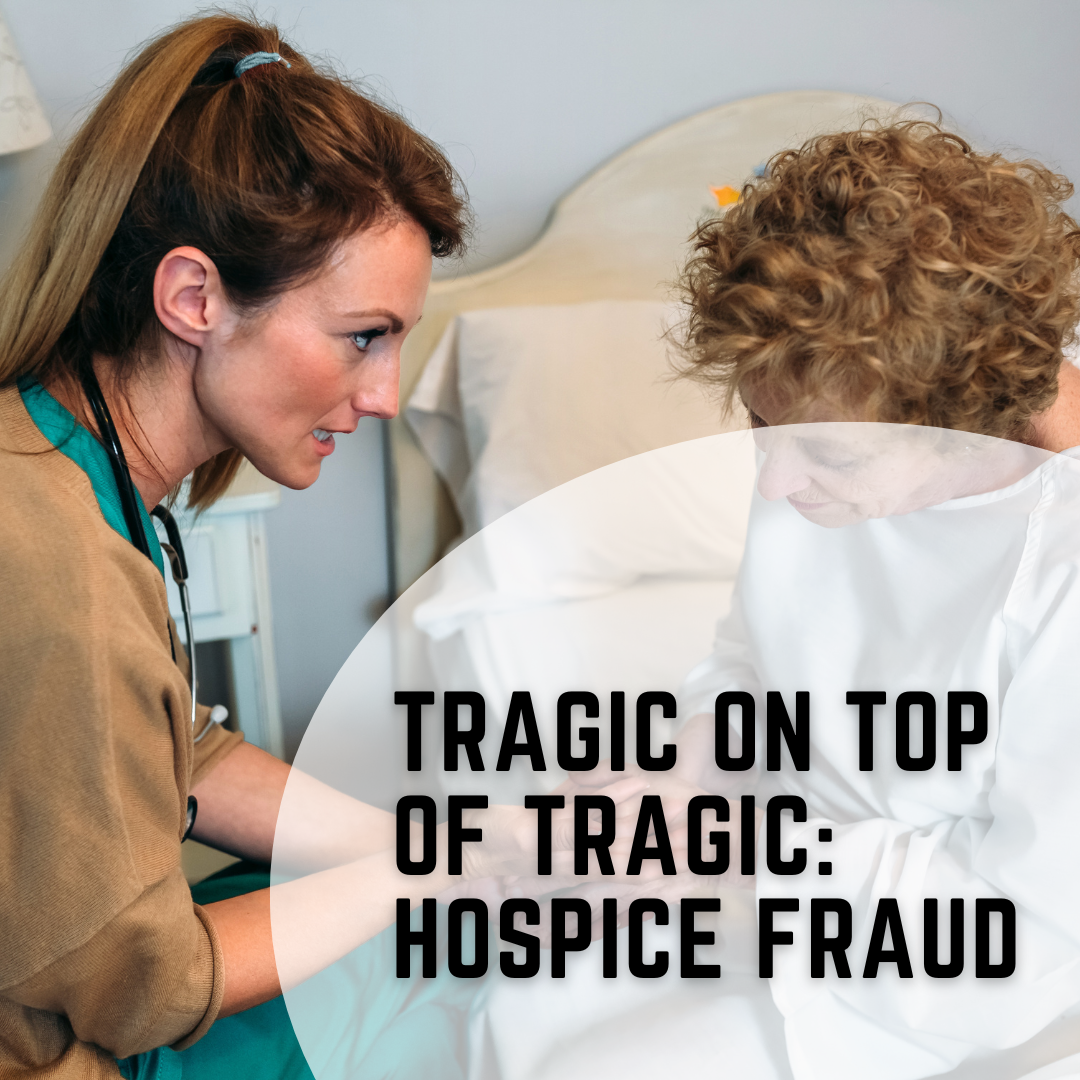 Big Tobacco doesn’t make it into the news too much these days, not like it was in decades past, when whole generations were dying of cancer, heart disease and emphysema.
Big Tobacco doesn’t make it into the news too much these days, not like it was in decades past, when whole generations were dying of cancer, heart disease and emphysema.
As a business ethics speaker and business ethics consultant, I would caution against feeling sorry for the tobacco companies. They are still worth billions, still hook people on their products and often with fatal results, and they have found ways to morph into almost legitimate looking products. They are still getting caught.
Juul Labs and its tobacco partner Altria, were responsible for pushing naïve and vulnerable people into the Juul vaping products. Juul and Altria are now parting ways but again, I would not feel sorry for either company.
The latest from Juul
On December 6, 2022, Juul products settled with more than 5,000 complainants due to more than 10,000 lawsuits. The company lacks the money to pay off the lawsuits, but they have an investment in pocket so they can continue to operate.
The outside investor is betting on Juul to overcome its bankruptcy and layoffs, even though the FDA rejected the company’s plea to stay on the market. The hope is that the FDA will reverse its decision.
What makes Juul’s activity in the marketplace rather tenuous is two-fold: an on-again and then off-again relationship with Altria and serious questions about its products.
In September 2022, Altria announced it was pulling up its stake in Juul, and to resume competing on its own in the e-cigarette market. Altria plunked down $13 billion in Juul and back in 2018 had signed a non-compete. Juul has had more than its share of litigation since before and after that time.
According to a December 7, 2022 article from the Associated Press:
“In September, the San Francisco company (Juul) agreed to pay nearly $440 million to settle a two-year investigation by 33 states into the marketing of its high-nicotine vaping products.”
You may recall that Juul was accused of marketing its colorful products the way a candy company might market to children. Though the company vehemently denied its practices, it paid up.
However, Juul lost nearly all of its value and Altria’s support due to serious product flaws. At issue (according to the AP piece):
“The FDA said Juul did not adequately address key questions about the potential for chemicals to leech from its device. The FDA has placed a temporary hold on its initial decision while Juul files an appeal.”
As a business ethics speaker and business ethics consultant, I must shake my head at the arrogance of a company that sells a highly addictive nicotine delivery system, in packaging that resembles the candy colors of a kid’s product and at the same time can potentially leach carcinogens as well.
Are you surprised?
As far back at 2017, the U.K.’s Independent noted:
“Researchers from the University of North Carolina found that vapers [sic] showed high levels of protein which are linked to potentially serious lung conditions, including COPD and Cystic Fibrosis, along with lupus and psoriasis.”
The report obviously did not include the alleged added toxins which could easily exacerbate health problems.
Big Tobacco continues to roll on and the scandal of its products continues to kill people. I would like to be more charitable, but ethically, I cannot.
I remain unsurprised by anything the tobacco companies say or do under the guise of sales and marketing.


